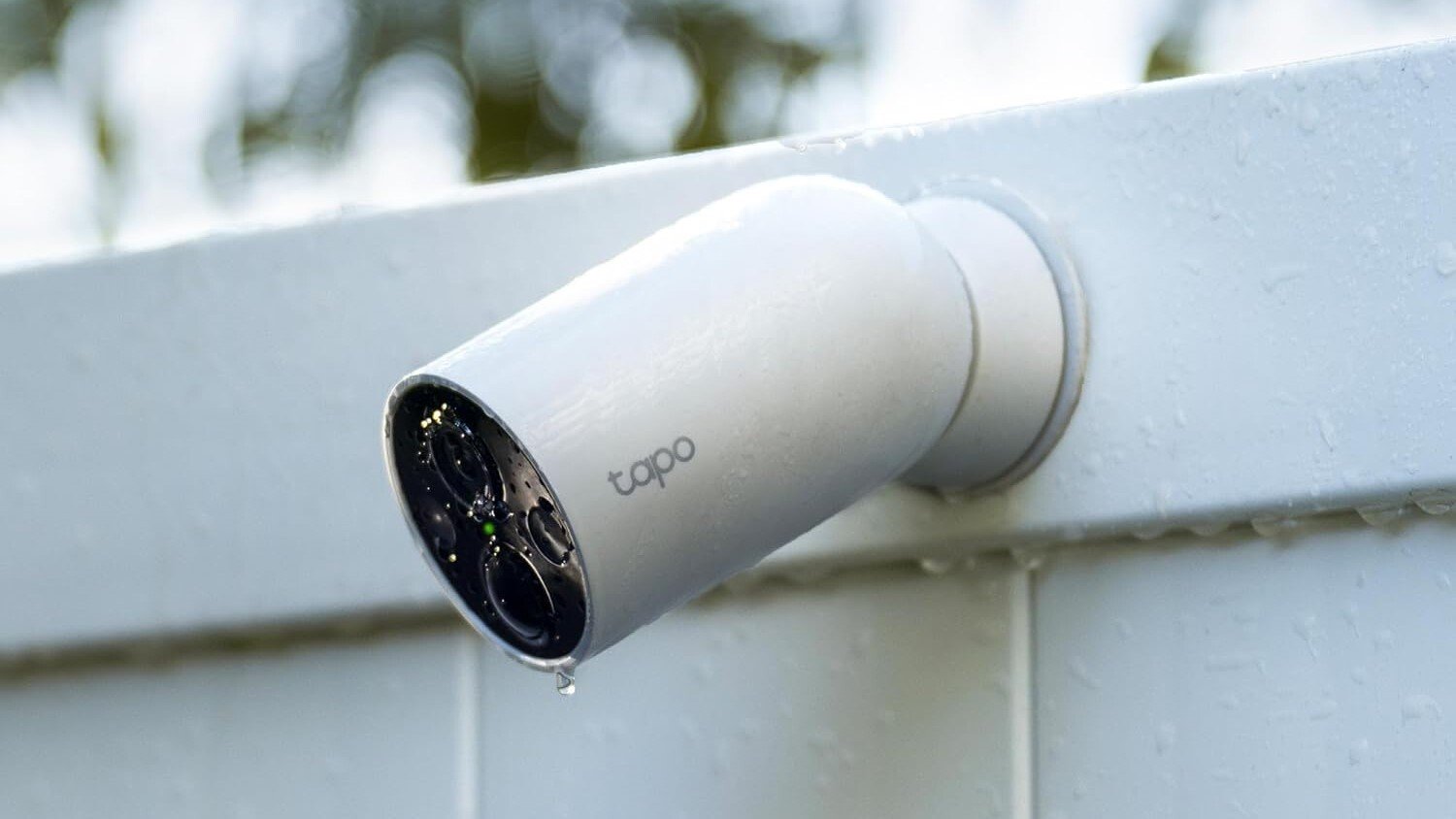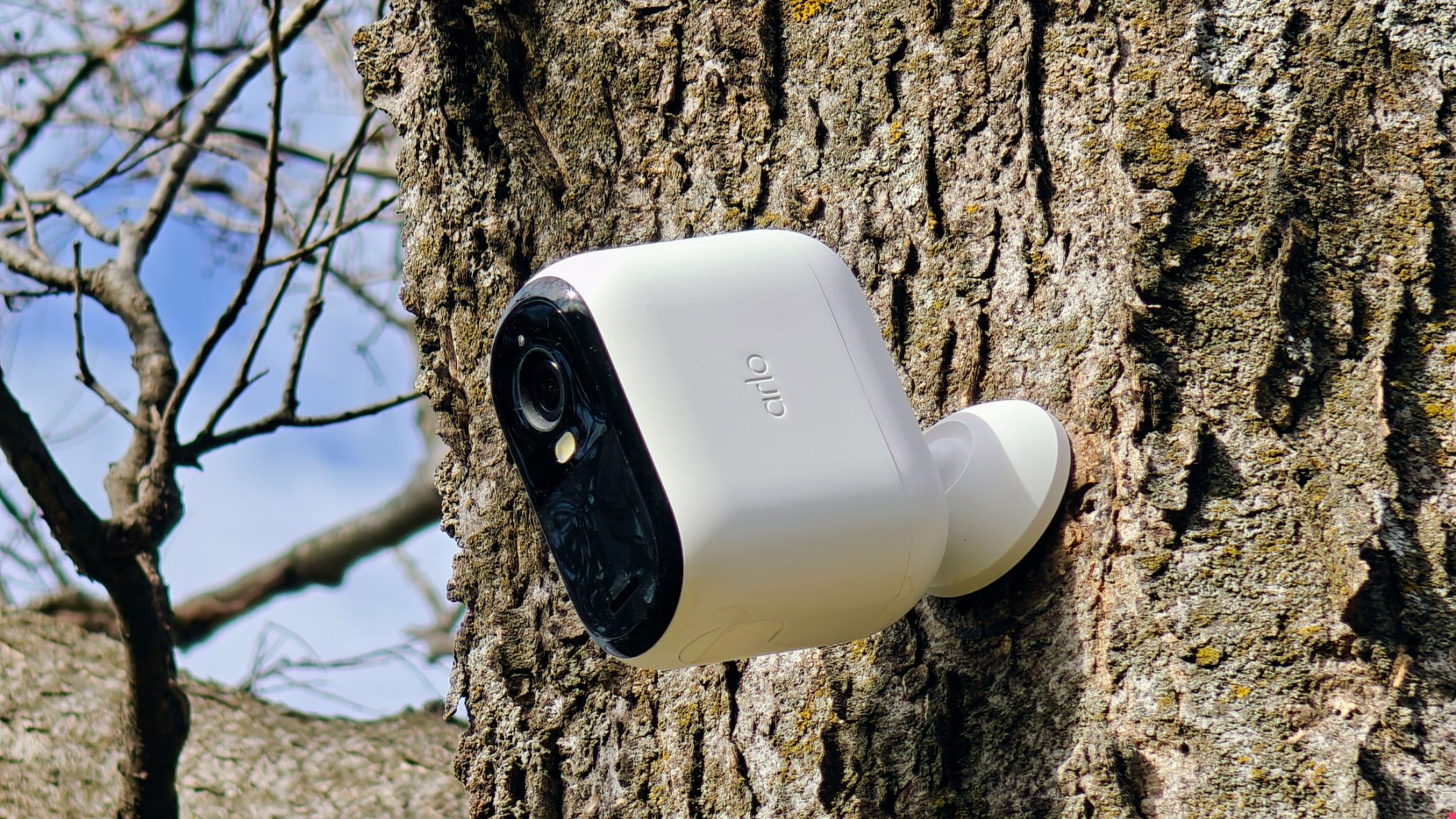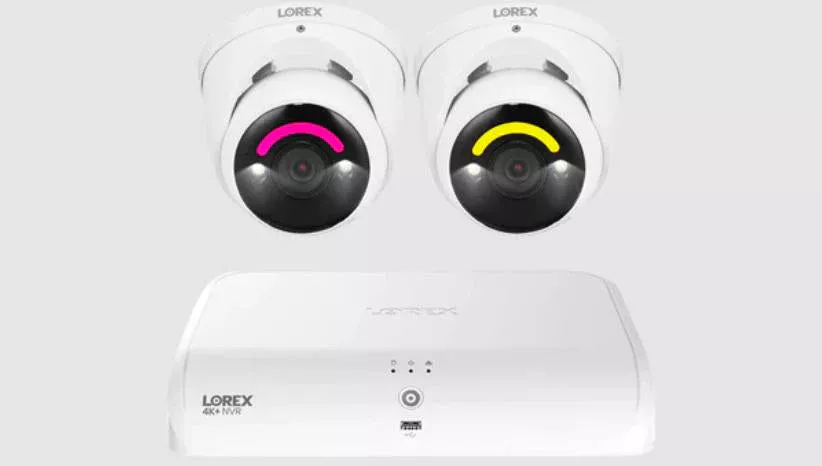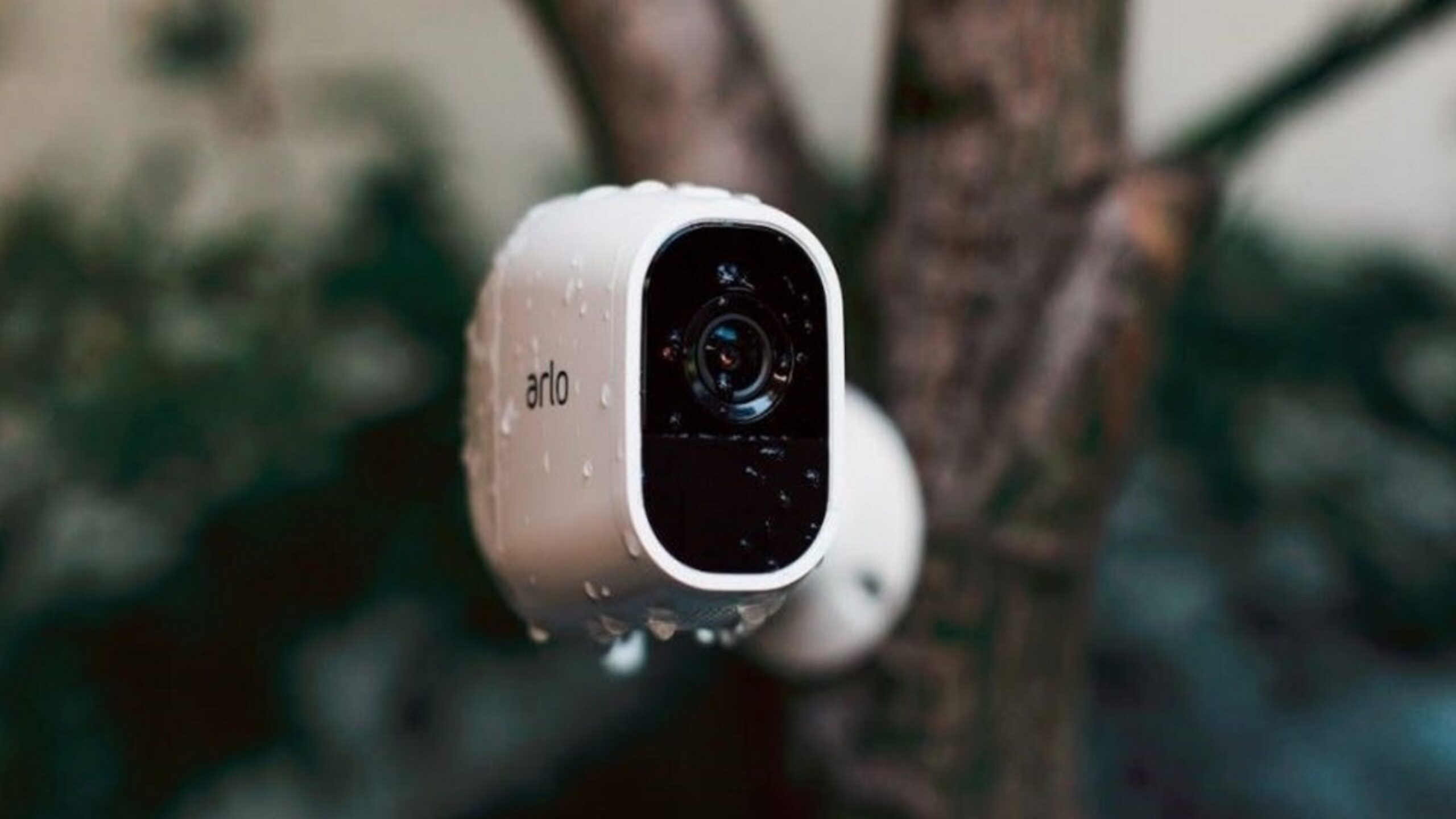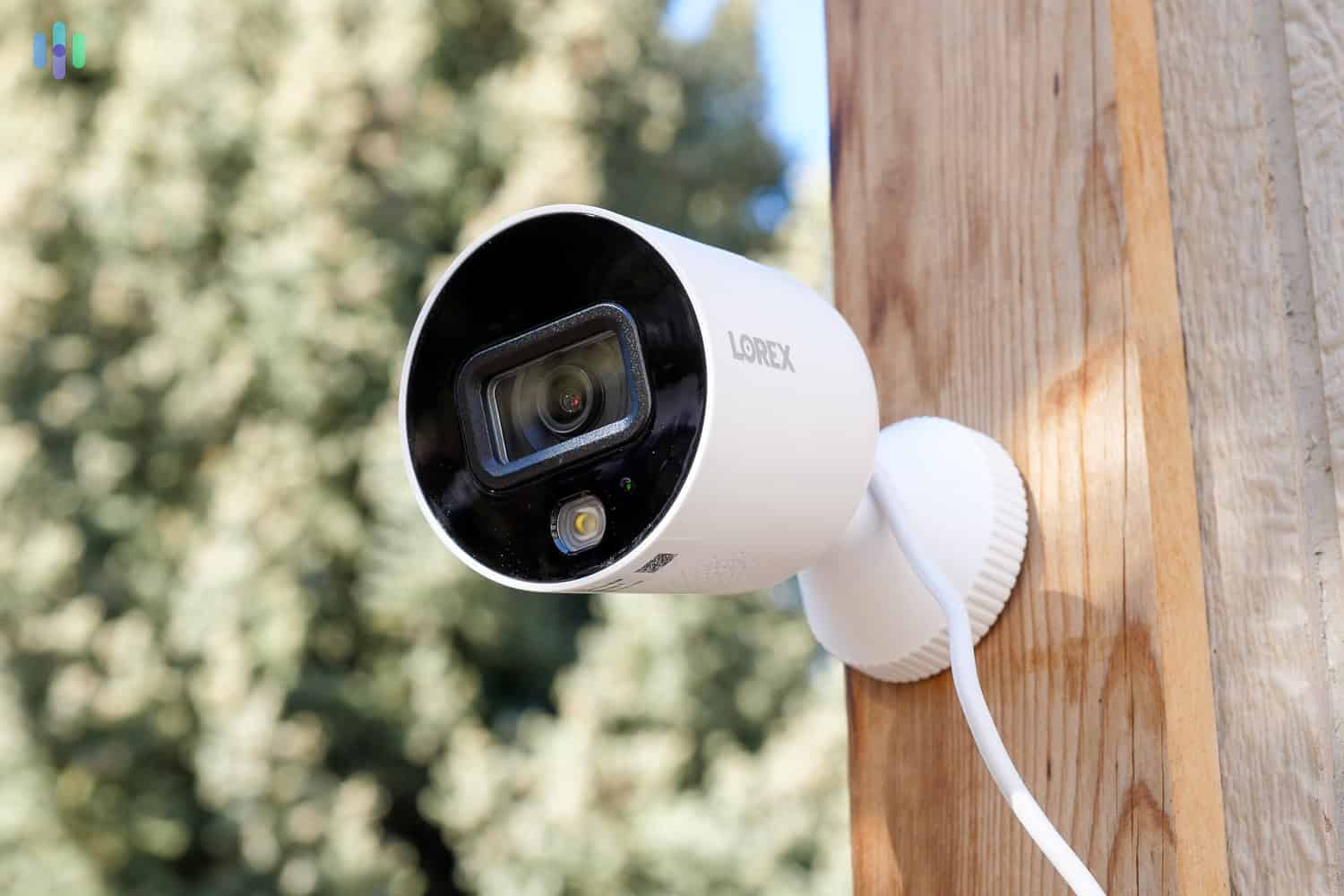Finding the Best Home Security System in 2025: A No-Nonsense Guide
It’s 3 a.m. Your phone buzzes you awake. It’s an alert from your security system: “Motion detected in the backyard.” Your heart races for a second, but then you open the live video feed. It’s just a raccoon rummaging through the trash. You sigh with relief, disarm the outdoor alert, and go back to sleep. This is what modern home security looks like—not a panic-inducing false alarm, but intelligent, actionable information that puts you in control.
But how do you find the best system for your home? The market is split between DIY kits you can set up in an afternoon and professional systems that are installed for you. The “best” system isn’t a single product; it’s the one that perfectly matches your home, your budget, and your lifestyle. This definitive 2025 guide will cut through the marketing hype and give you a clear, step-by-step framework to choose the security system that will truly let you rest easy.
👉 Compare Top-Rated Home Security System Kits on Amazon
The First and Most Important Choice: DIY vs. Professional

Your entire buying journey starts with this fundamental decision.
DIY Home Security Systems (e.g., SimpliSafe, Ring, Abode)
-
How It Works: You buy the equipment outright and install it yourself. It’s typically wireless, using sensors with adhesive backing.
-
Pros:
-
No Long-Term Contracts: You own the equipment; cancel monitoring anytime.
-
Lower Upfront & Monthly Costs: More affordable equipment and flexible monitoring plans.
-
Easy Installation & Flexibility: Set up in under an hour. Perfect for renters; take it with you when you move.
-
Scalable: Start with a basic kit and add sensors or cameras whenever you want.
-
-
Cons:
-
You’re the Installer & Troubleshooter: You are responsible for setup and fixing any issues.
-
Self-Monitoring Option: You can choose to self-monitor (get alerts on your phone) to save money, but you are the first responder.
-
Professionally Installed & Monitored Systems (e.g., ADT, Vivint)
-
How It Works: A technician comes to your home to install hardwired or advanced wireless equipment. It’s centrally monitored 24/7.
-
Pros:
-
Expert Installation: Perfect, reliable setup with no effort from you.
-
Professional Monitoring 24/7: A monitoring center calls you and then dispatches police/fire if they can’t reach you or you give the password.
-
High-End, Integrated Equipment: Often includes more sophisticated automation and hardware.
-
-
Cons:
-
Long-Term Contracts: Typically require a 3-year contract with steep early termination fees.
-
Higher Costs: Expensive installation fees and higher monthly monitoring rates.
-
Less Flexible: Difficult to move or modify yourself.
-
Key 2025 Features That Separate the Good from the Great
Once you’ve chosen your path, look for systems that offer these modern essentials.
1. Professional Monitoring vs. Self-Monitoring
-
Professional Monitoring (~$20-$60/month): For a monthly fee, a central station monitors your system 24/7. If an alarm triggers, they call you and then emergency services. This is the “set it and forget it” hands-off approach.
-
Self-Monitoring (Often $0-$10/month): You receive alerts on your phone when something happens, and you are responsible for calling for help. It’s a great budget option but requires you to be vigilant.
2. Smart Home Integration
Your security system shouldn’t be an island. The best systems work seamlessly with:
-
Amazon Alexa & Google Assistant: “Alexa, arm my system to Away.”
-
Smart Locks: Automatically unlock the door when you disarm the system.
-
Smart Lights: Create routines that turn on lights if an alarm is triggered.
3. The App & User Experience
The app is your command center. It must be intuitive, reliable, and provide clear alerts. Look for an app that allows you to easily arm/disarm the system, view camera feeds, and review event history.
4. Equipment Quality & Sensor Types
-
Entry Sensors: On doors and windows.
-
Motion Sensors: For large indoor spaces.
-
Glass Break Sensors: Listens for the specific frequency of breaking glass.
-
Environmental Sensors: Detect freezing pipes, floods, or carbon monoxide.
5. Camera Integration
The best systems unify cameras and sensors. Look for features like “Away Lighting” (randomly turns on lights when you’re gone) or “Alarm Triggers Recording” (a sensor alarm automatically starts recording on a specific camera).
👉 Shop SimpliSafe Customizable Security Kits on Amazon
Top Contenders for the “Best Home Security System” in 2025
1. Best Overall DIY: SimpliSafe
-
Why It Wins: Strikes the perfect balance of user-friendly design, comprehensive equipment selection, and affordable, no-contract professional monitoring. The equipment is sleek, the setup is foolproof, and it’s highly scalable.
-
Best For: Almost everyone. It’s the go-to recommendation for a reliable, full-featured DIY system.
2. Best for Amazon & Smart Home Enthusiasts: Ring Alarm
-
Why It Wins: Deeply integrated with the Amazon Alexa ecosystem. It offers the most affordable professional monitoring plan on the market ($20/month or $200/year) and works seamlessly with Ring cameras and doorbells.
-
Best For: Those already invested in the Ring/Amazon ecosystem who want the lowest possible monitoring cost.
3. Best No-Monthly-Fee System: Abode
-
Why It Wins: Offers the most robust feature set for a system that doesn’t require a monthly fee. You can self-monitor with full app control and automations. It also has excellent smart home integration.
-
Best For: Tech-savvy users who want a powerful system without a monthly commitment.
4. Best Professional System: ADT
-
Why It Wins: The most trusted name in professional security for a reason. 24/7 professional monitoring, expert installation, and a vast network of local technicians. They offer advanced systems with cellular backup and smart home integration.
-
Best For: Homeowners who want a hands-off, professionally managed solution and are comfortable with a long-term contract.
Home Security Systems: Head-to-Head Comparison
| Feature | SimpliSafe (Best Overall DIY) | Ring Alarm (Best Budget Monitoring) | Abode (Best No-Fee Option) | ADT (Best Professional) |
|---|---|---|---|---|
| Installation | DIY | DIY | DIY | Professional |
| Contract | None | None | None | 3-Year Minimum |
| Professional Monitoring | ~$22/month | ~$20/month (or $200/yr) | ~$22/month | ~$50-$60/month |
| Self-Monitoring | Limited Features | Basic App Control | Full App Control & Automations | Not Available |
| Smart Home Integration | Good | Excellent (Alexa) | Excellent | Good |
| Best For | Most Homeowners | Amazon/Ring Users | Tech Users Avoiding Fees | Hands-Free Homeowners |
👉 Build Your Own Ring Alarm System on Amazon
The Cost Breakdown: What to Really Expect
-
DIY System Starter Kit: $200 – $500
-
Additional Sensors/Cameras: $20 – $150 each
-
Professional Monitoring: $0 (Self) to $25/month (DIY) or $45-$65/month (Pro)
-
Professional Installation: $100 – $300
Your 2025 Action Plan: How to Choose
-
Take the DIY vs. Pro Quiz: Are you a renter or a hands-on homeowner? Do you hate contracts? Your answers point to DIY. Do you want everything done for you and don’t mind a contract? Look at Pro.
-
Audit Your Home: Walk through and count your doors and first-floor windows. This determines how many sensors you need in a starter kit.
-
Set a Budget: Factor in both the upfront equipment cost and the ongoing monthly fee you’re willing to pay.
-
Prioritize Your Needs: Is your main concern break-ins, or do you also want fire/CO monitoring and video doorbells?
-
Start Small: You can often begin with a basic kit (hub, keypad, 2-3 sensors) and expand over time.
Frequently Asked Questions (FAQ)
Q1: Can I get a security system without a monthly fee?
A: Yes. Systems like Abode and Ring (in self-monitoring mode) allow you to use the system and get smartphone alerts without a monthly fee. However, you will not have 24/7 professional monitoring.
Q2: What happens if the power or internet goes out?
A: The best systems have a cellular backup (included in most professional monitoring plans) and a battery backup in the base station. This ensures your system stays online during an outage.
Q3: Are renters allowed to install security systems?
A: DIY systems are perfect for renters. They use adhesive strips or non-destructive screws and can be easily removed when you move out. Always get landlord permission for any drilling.
Q4: Do security systems really deter burglars?
A: Absolutely. Studies and surveys of convicted burglars consistently show that visible security systems, cameras, and yard signs are one of the top deterrents.
Q5: Is professional monitoring worth it?
A: For most people, yes, it’s worth the $20-$25/month. It provides peace of mind that even if you’re in a meeting, on a plane, or just miss an alert, someone is always watching over your home and can dispatch help.
Final Verdict: Your Peace of Mind, Your Choice
The best home security system in 2025 is the one that you will actually use and that fits your life. For most people, a modern DIY system like SimpliSafe or Ring offers the perfect blend of affordability, flexibility, and powerful protection without the burden of a long-term contract.
Stop putting it off. The technology is now accessible, reliable, and designed for you. Take the first step today to secure your home and gain the priceless comfort of knowing your loved ones and belongings are protected.
👉 Click Here to Compare and Shop for the Best Home Security Systems on Amazon
15 min read



